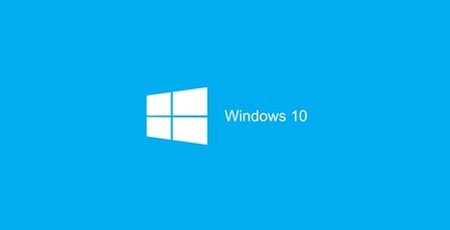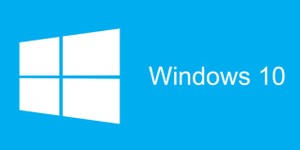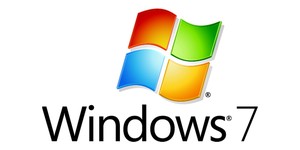
Microsoft has released its Windows 10 November 2019 update, and while it's considered a major update, it doesn't really feel like it.
The November 2019 Update is mostly about behind the scenes tweaks, boosting performance, and fixing relatively minor issues. That means it's smaller in size than normal and feels more like a cumulative patch despite being regarded by Microsoft as a big update for the operating system.
Notable changes include the Action Center gaining several UI updates such as the ability to add items to your agenda directly from the calendar flyout on the taskbar, better accessibility of the Start Menu, and the option to use third-party digital assistant software from the Lock screen, the latter being a huge help for those users dependent on voice activated assistance.
Elsewhere, you now have the ability to address multiple 'favoured' cores in a multi-core processor. Thanks to that, battery life should be improved on laptops using relevant processors, although time will tell as to how accurate Microsoft is on that front.
Notifications have been adjusted and improved too, albeit in a predictably subtle way, so you might not immediately notice the difference. Expect to see a new 'Manage notifications' button on the top of Action Center, though.
Further tweaks have also been implemented to File Explorer search to speed things up and improve accuracy by now making it powered by Windows Search. Results will now include both local and cloud-based files.
So, it's a fairly unexciting update, but perhaps that's for the best. In the past, significant Windows 10 updates have led to various issues such as the May 2019 update which blocked installation altogether on devices with USB storage attached. Hopefully this time round, the update won't be pulled for any reason.
According to Windows Central, this relatively minor update could be due to Microsoft's plans for Windows 10 20H1, the first major update for 2020. Somewhat confusingly, it could actually be ready as early as next month thanks to Microsoft switching to a semester-based development cycle that it refers to as Azure. Obviously, don't expect it to be generally available straight away.
For now, consider the November 2019 update as a little insight into what's actually to come.

MSI MPG Velox 100R Chassis Review
October 14 2021 | 15:04








Want to comment? Please log in.